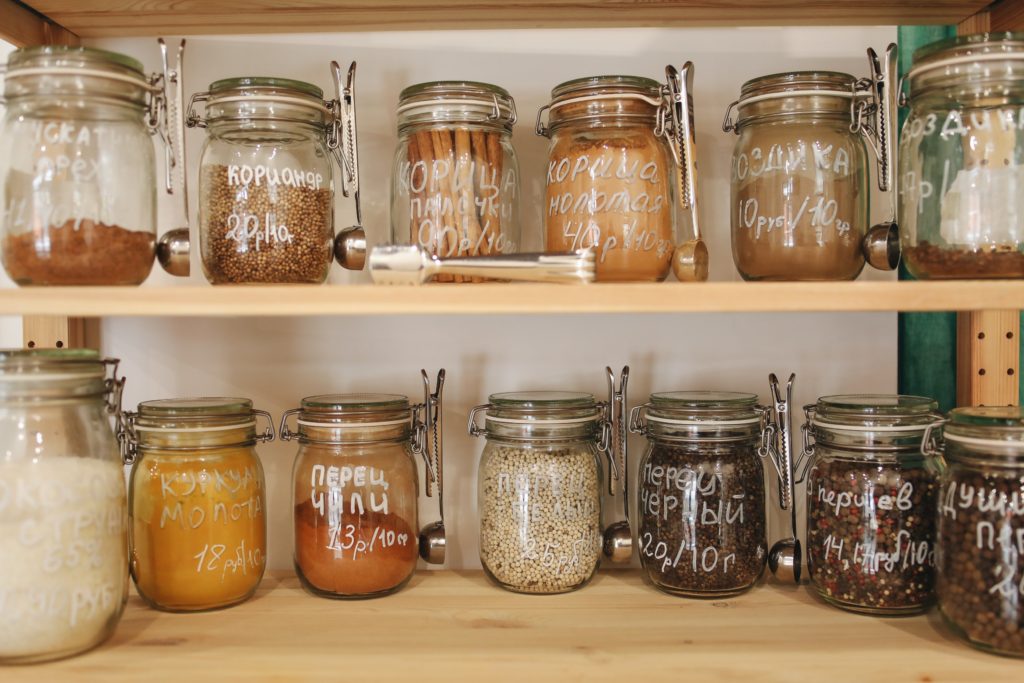
7 Ways to Become a Money Master Housekeeper!
photo above by Kristina Paukshtite pexels.com
Become the money master housekeeper of your home by learning simple and methodical ways.
You can overcome this challenge by using a little organization and a less expensive mentality!
1. Make a Household Budget.

Firstly, decide how you want to document your household earnings, spending and budget.
Use either a simple pen and paper or a spreadsheet program that will make the process much easier and faster.
Format the columns working from left to right.
You can use titles for the columns such as “Monthly income “, “Monthly Expenses”, “Amount of Expense”, “Payment Method”, etc.
Calculate your monthly income and categorize your expenses.
Examples of income can be, income from salary or income from profession or other sources.
Examples of expenses can be for groceries and other food (eating out), rent, transportation, utility bills, insurance, medical and healthcare expenses, mortgage loan, personal spending.
Lastly, insert a row for savings.
Everyone, we should have it as a goal and do it if we possibly can.
Yes, I know not everyone can afford to save money on a regular basis but everyone we should have it as a goal and do it if it can possibly be done!
The best way is to save first and not to wait for there to be money left at the end of the month. This is one of the most important factors to become a good money master housekeeper!
2. Stick to Shopping Lists.

The first thing that you have to do is to shift your ”shopping mindset”.
This means that it’s time to think about how you can create a shopping list.
As a first step check your pantry and fridge and take inventory of any staple items that need replenishing.
Put in priority the goods you use regularly.
You can write by name and quantity the products you want to buy. In this way, you reduce the chaos in your mind.
Sticking to the rule of only purchasing what you need based on your list, you avoid buying too much.
Make sure to take the shopping list with you!
Don’t leave behind your shopping helper!
3. Buy Certain Things in Bulk.

Buying in bulk means buying large quantities of one product at one time.
By doing that you minimize your cost per unit.
Before you make bulk purchases, consider the amount of space you have at home.
Great items to buy in bulk are foods and supplies that have long shelf lives and are cheaper per unit.
The best food to stockpile are grains, nuts, pasta, spices and canned goods.
Other examples of the types of things you can regularly buy in bulk are paper products, laundry detergents, shampoo and soap.
Avoid buying perishable foods or brands you’ve never tried and keep in mind that buying in bulk does not mean that you have to forget the quality of the product for a cheap price.
4. Use Supermarket Weekly Circulars.

The weekly circular can be your key driver for your shopping decisions at a high percentage.
Stores use sales circulars to increase purchases and to attract customers.
More than 8 in 10 shoppers frequently check circulars for weekly grocery deals.
You can get the supermarket weekly circulars from the supermarkets that you want either by subscribing yourself and receiving weekly emails or by taking the printed weekly circulars when you visit the supermarket.
Using circulars is an opportunity to view brands and prices from competing grocers with ease and make the best shopping decisions for you.
Moreover, you can seek out coupons, and promotions to help stretch your money.
5. Organize and Use Your Pantry.

Organizing your pantry can help you save money.
The first step is to clean out your pantry and throw out all the expired food.
Secondly, make a plan writing down what type of containers you need and what kind of food will be stored for each one.
Make sure you have bought all the appropriate containers that you need. Do not spend a lot of money when you go to buy the containers.
Keep in mind that with the cheap ones you can also have the desired result (remember that you want to save money)
Fill up your containers and label them.
Decide how you want to use the shelves and the space you have put the things you use constantly at eye level so as to be easy for you.
6. Cook Cheap Recipes.

When cooking at home, you’ll save a substantial amount of money.
Surfing on the internet you can find many easyy and cheap ideas for recipes.
Think about what you prefer to eat, meaning vegetables, meat, grains, beans and nuts, meat and poultry, fish and seafood, dairy foods.
Take time to think and plan the menu for the week.
Prepare a grocery list with everything you need and buy the food you need for each meal preparation.
A good day to go shopping is on Saturday.
In this way, if you want, you can prepare in advance most of your meals during the weekend so you do not lose time during the week.
7. Contribute Monthly to Your Savings Account.

In this way, you will need first to shift your mindset.
This means that when you receive your paycheck take out immediately your savings contribution and then move forward with the rest of your expenses.
Like that you prevent yourself from spending your hardworking money or allocating it to other expenses.
Be consistent with your saving habit and in case you have emergency expenses work diligently to restore them by reducing another habit. An example might be to skip coffee a few times outside the home.


